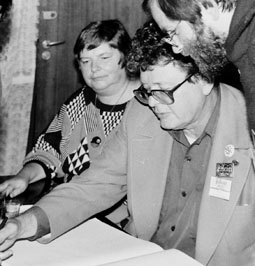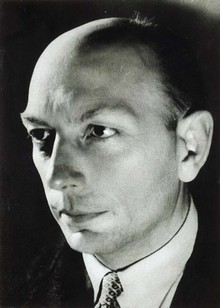A Quote by Benjamin Franklin
I have sometimes almost wished it had been my destiny to be born two or three centuries hence.
Related Quotes
We had no churches, no religious organizations, no sabbath day, no holidays, and yet we worshiped. Sometimes the whole tribe would assemble to sing and pray; sometimes a smaller number, perhaps only two or three. The songs had a few words, but were not formal. The singer would occasionally put in such words as he wished instead of the usual tone sound. Sometimes we prayed in silence; sometimes each one prayed aloud; sometimes an aged person prayed for all of us. At other times one would rise and speak to us of our duties to each other and to Usen. Our services were short.
One of the significant facts about the moment of birth is that it is an unconscious moment. No one ever knows when he is being born that the event is actually taking place, and sometimes we don't find out about it until quite a long time afterward. Sometimes, we never do really find out that we have been born. So frequently, we don't know why we were born; we don't know where we came from; we don't know what the purpose of life is; nor do we understand the possibilities of our godly destiny.
At one o’clock, the ever-logical Right-Eye Grand Steward woke up to discover that during his sleep his left-eyed counterpart had executed three of his advisors for treason, ordered the creation of a new carp pool and banned limericks. Worse still, no progress had been made in tracking down the Kleptomancer, and of the two people believed to be his accomplices, both had been released from prison and one had been appointed food taster. Right-Eye was not amused. He had known for centuries that he could trust nobody but himself. Now he was seriously starting to wonder about himself.
In Britain, journalists often view comparisons with our society going back two, three, or seven centuries as more relevant than comparisons going back two, three, or seven decades. Drunkenness centuries ago is more illuminating than comparative sobriety 30 years ago. The distant past, selectively mined for evidence that justifies our current conduct, becomes more important than living memory.

































